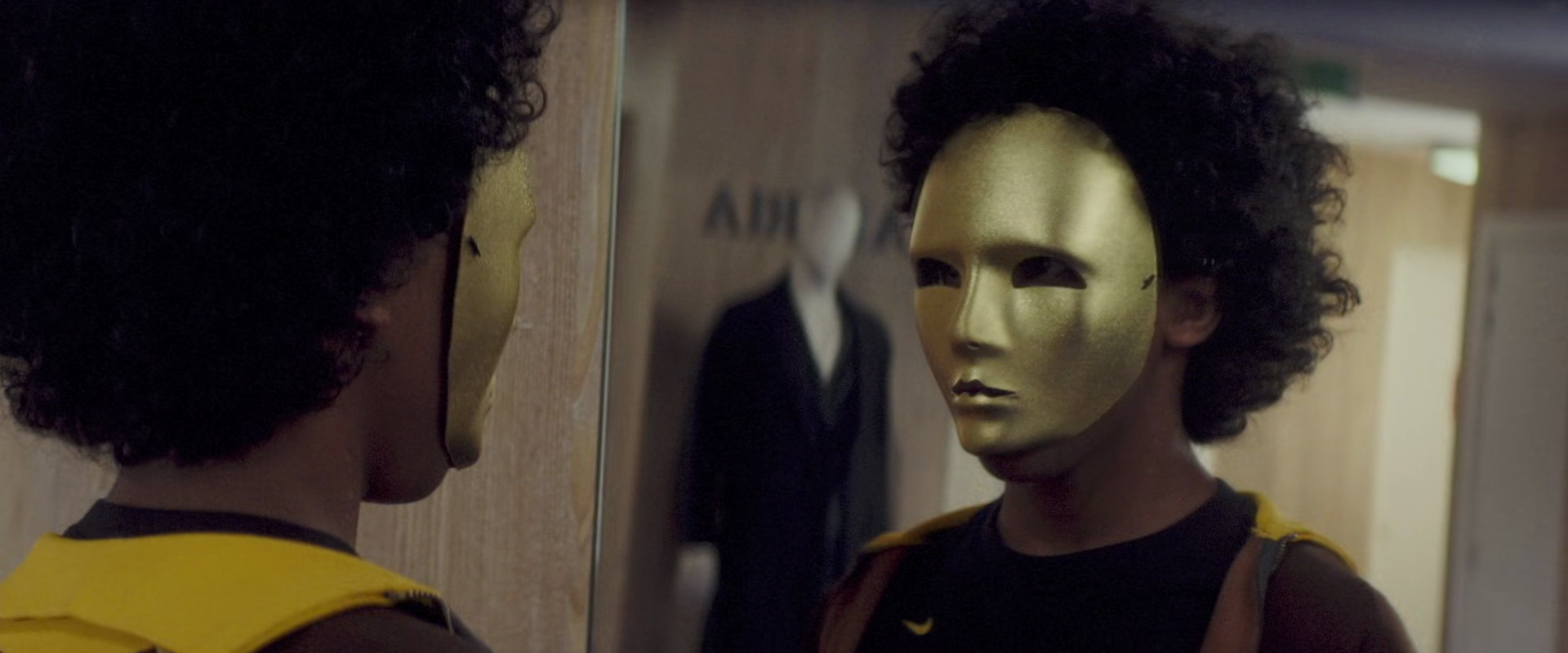Nocturama

Originally published on 03/11/23 on Letterboxd
We’ll slide down the surface of things…
-Glamorama, Bret Easton Ellis
Suffering must be obviously futile if it is to be 'educational'. It is for this reason that our history is so unintelligible, and indeed, nothing that was true has ever made sense. 'Why was so much pain necessary?' we foolishly ask. But it is precisely because history has made no sense that we have learnt from it, and the lesson remains a brutal one.
-The Thirst for Annihilation, Nick Land
Beauty is desired in order that it may be befouled; not for its own sake, but for the joy brought by the certainty of profaning it.
-Erotism, George’s Bataille
The best film that is simultaneously about committing terrorism and clubbing as one and the same. Could very well be named after Fisher’s final compendium of lectures, Postcapitalist Desire- both on its own terms and because of its advancement of the theoretical base Fisher and the hauntological to its breaking point. Theory as action, action as theory- in this case, that of a slow, state-engineered poisoning of an entire generation through mere inaction giving way to direct action of the most forceful kind. It is a film stripped bare of the furnishings of interpretation- Romero, Carpenter and Hawks as the evident structural foundations of genre, and Proudhon, Adorno and Bret Easton Ellis as its ideological predecessors. Total tactility of procedure gives way to total separation of image from original giving way to total simulacra- one need only observe the way that the second half of the film exists in a space unmoored from the pressures of capital and yet motivated entirely by those very pressures. 60s Godard is what it reminds me most of, and yet there is no genuine, unfettered sense of the imagined- everything that exists in the space of the mall exists in that very moment as something that will perish in the next. There is no transcendence in cinema, there is no resurgence, there is no New Wave- the time for art as a way to reckon with social ills cannot end because it never truly began, the film suggests, and the only way it can continue to exist when the very ethical foundations of its existence is in question is to allow itself to be ripped apart as facile, bourgeois posturing.
But to ascribe ideology upon something as obsessed with surfaces and their slickness as this seems already futile. The young guerilla rebels of the film, already exploiting the state’s vulnerability to asymmetry and disorganised rebellion, are simultaneously unable to truly understand what it is that is so frightening about their demonstration to the French government that “things will never be the same again”. The fear, to me, stems not from the idea that these kids have committed an unforgivable atrocity- the fear stems from the idea that their guilt is misplaced, and that there is a kernel of justification in what they’ve done. The fear is that what happens in the film is merely the only justifiable response to the failures of the neoliberal state.
